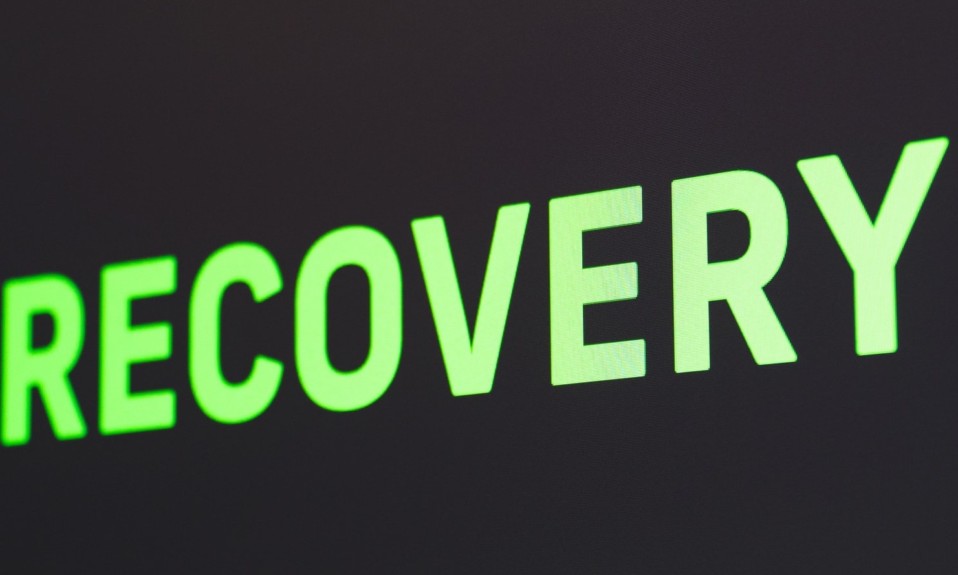Measuring the addiction healing process is easier said than done
By David McCartney
This post is reprinted with permission from one of TreatmentMagazine.com’s go-to blogs about addiction, treatment and recovery: Recovery Review.
One of the problems with an aspirational and non-prescriptive definition of recovery is that it is hard to measure. The definitions most commonly featured in the literature share some elements, including wellbeing or health, abstinence and citizenship.
Clearly if you can’t define it precisely, then it’s hard to commission services to deliver on it. In this case proxy outcomes are used. There’s a lot of debate amongst professionals on recovery definitions and measurements, but what about service users? What do they make of “recovery”?
Recovery is a complex process. It’s not fundamentally a clinical journey but a social one, and doesn’t fit under the microscope easily.”
In a teasingly titled paper (“You’re all going to hate the word ‘recovery’ by the end of this: Service users’ views of measuring addiction recovery”), Joanne Neale and colleagues scope the views of clients and patients in a variety of settings and run past them professional thoughts on recovery. How different are the perspectives?
What Did They Do?
The researchers ran five focus groups in two English cities with clients who use drugs, clients who drink, service users in detox, in residential rehab and with people who described themselves as “ex-drug or ex-alcohol users.” The numbers are small (44 service users), but this is qualitative research, so we’re looking for nuance, themes and meaning.
What Did They Ask?
Researchers asked service users to take a look at a list of 76 measures of recovery provided by “senior addiction service providers.” The list contains items as mundane as “going to the toilet regularly” and “dealing with toothache,” but has enough meaty content (“reduced drug use,” “using time meaningfully”) to make it seem robust.
What Did they Find?
Nine themes came out of the research with reasonable agreement across the groups:
- Expecting the impossible: service users felt that service providers expected more of them than was reasonable.
- Outcomes that don’t capture the effort involved in recovery.
- The dangers of progress (e.g., confidence turning into complacency)
- The hidden benefits of negative outcomes: affective states in early recovery as indicators of change or tiredness being evidence of doing the work.
- Contradictory measures: the apparent finding that some recovery measures sit in opposition to each other (e.g., reduced drug use vs. abstinence or independence vs. seeking help and support)
- Failure to recognize individual differences: programs being too generic.
- Entrenched vulnerabilities: resistance to some issues (e.g., trust) because of experiences and perspectives and this not being recognized
- Getting service users’ feelings and behaviors wrong (e.g., measuring getting appetite back when appetite was good all along)
- Getting the language wrong: outcome measures clearly designed by people who didn’t have the experience of addiction and recovery
The main problem with having run focus groups with such a disparate group of people is that you were always going to get such a broad spectrum of opinion that making any sense of it was going to be challenging, though this is a good effort in that regard.”
Reflections
I wondered where were the people who defined themselves as being “in recovery”? Those in longer-term recovery who had had experience of treatment may have had more nuanced views. The main problem with having run focus groups with such a disparate group of people is that you were always going to get such a broad spectrum of opinion that making any sense of it was going to be challenging, though this is a good effort in that regard. What you do with it is harder still.
The point, I suppose, is that it is not possible to have a reliable single tool that measures recovery. Recovery is a complex process. It’s not fundamentally a clinical journey but a social one, and doesn’t fit under the microscope easily.
Then there’s the issue that if some of points had been explained or dissected a bit, a rationale given say, then there may have been more agreement between professional markers of recovery and service users’. To be fair, the paper does acknowledge this. I didn’t end up hating the word recovery, but I did struggle to make sense of the meaning of the findings.
That said, there’s still plenty to be gleaned from this research.
This Recovery Review post is by David McCartney, who is an addiction medicine specialist and Clinical Lead at LEAP, a quasi-residential therapeutic community addiction treatment program in Scotland. He trained as a family medicine practitioner and spent much of his career in practice in inner-city Glasgow. Having retrained in addictions, he now works exclusively in the field and until recently was an advisor to the Scottish government on drugs policy. He is a member of the Royal College of General Practitioners. His opinions expressed here don’t necessarily represent the views of his employer. Find more of his writing, as well as a thought-provoking range of articles, insights and expert opinions on treatment and addiction, at RecoveryReview.com.blog.
Photo: Martin Sanchez













